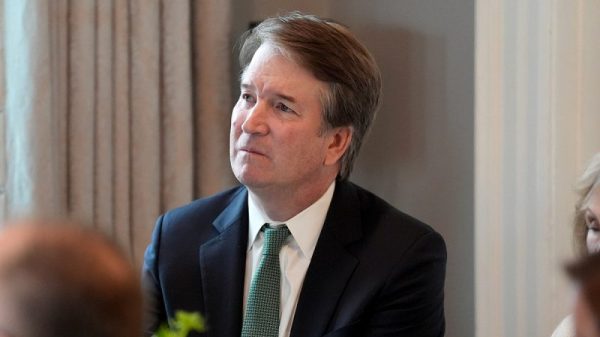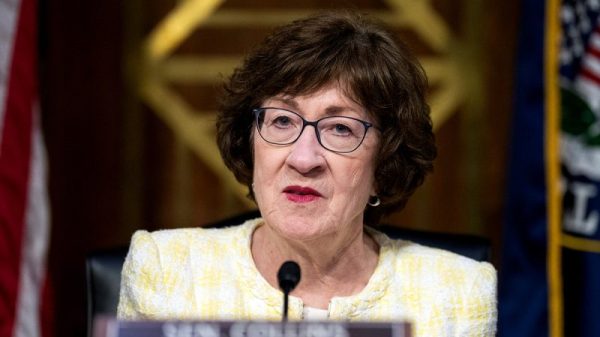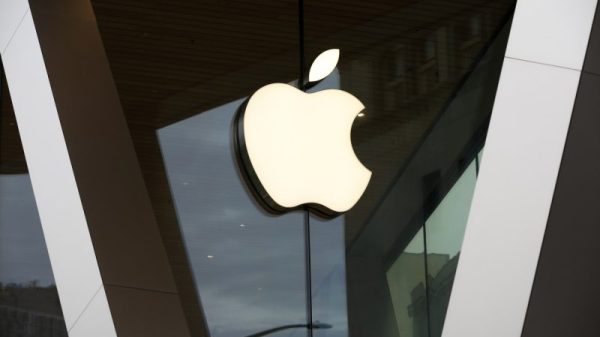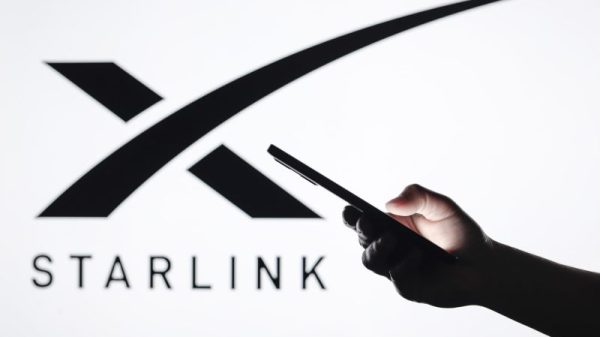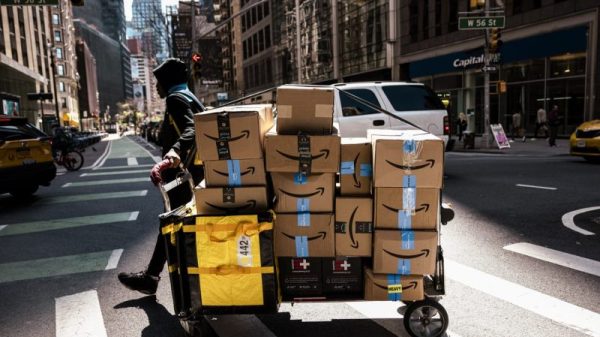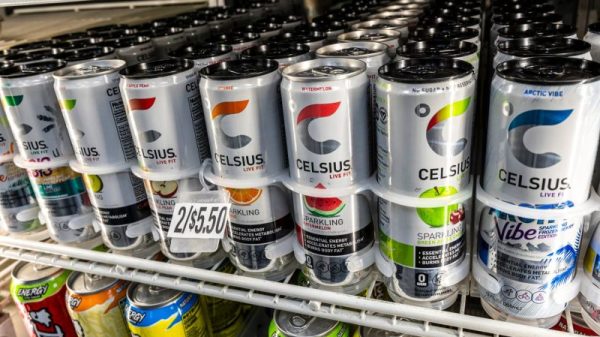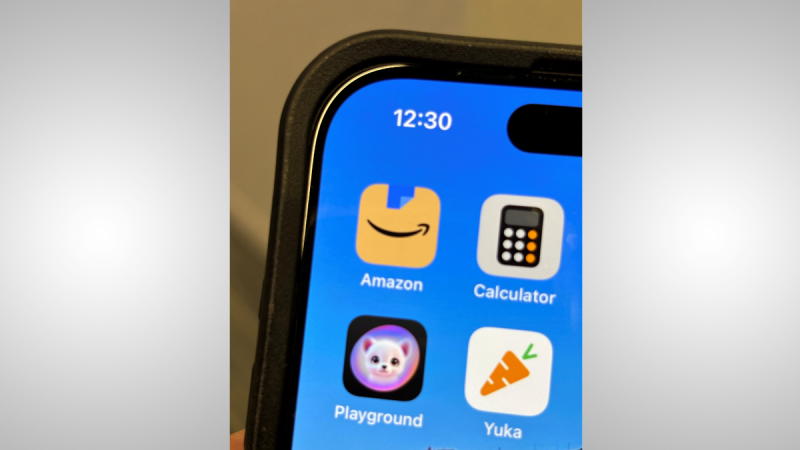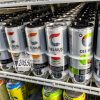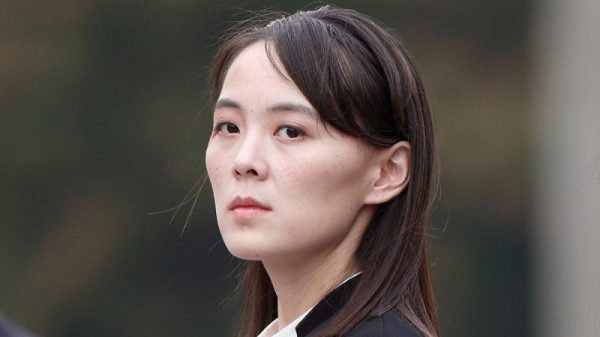From shampoo and sunscreen to tampons, many personal care products on American shelves contain chemicals linked to cancer, infertility, and hormone disruption—ingredients that are banned or restricted in the European Union and other countriesDespite these alarming associations, no federal law in the U.S. requires companies to disclose potentially harmful ingredients. Only California mandates limited transparency, leaving most Americans in the dark about what they’re putting on—and absorbing into—their bodies.
For Tiah Tomlin-Harris, a two-time survivor of triple-negative breast cancer, that lack of transparency was a wake-up call. Diagnosed before age 40 with no genetic predisposition, Tomlin-Harris began asking hard questions: Where is this coming from? Genetic testing came back negative, placing her among the 80–90% of breast cancer patients whose illness isn’t linked to family history. Her background as a chemist in the pharmaceutical industry gave her a unique perspective—and a critical eye for labels.
‘I started to dig into the causations,’ she told FOX. ‘The first thing I did was remove every single product in my house—from hair care to dish detergent. I went back to grandma’s remedies—baking soda, vinegar—because I didn’t know what was safe anymore.’ As she researched, she realized just how many widely used beauty and hygiene products are packed with potentially harmful chemicals.
While Health and Human Services Secretary Robert F. Kennedy Jr. has pushed for the removal of toxic additives in processed foods, he has yet to tackle the personal care industry. FDA Commissioner Marty Makary admits the agency is in a ‘deregulatory mindset,’ saying, ‘[We’ve] been regulating too much.’
That mindset has led to an explosion of consumer-driven tools like Yuka and Clearya, apps that scan barcodes and analyze ingredient safety using AI. ‘Most people are shocked,’ said Julie Chapon, Yuka’s co-founder. ‘They assume green packaging means safety.’
Tomlin-Harris emphasized the disproportionate impact on women of color, particularly Black women. ‘We spend nine times more on beauty products than any other demographic, yet these products often contain the most harmful ingredients—parabens, phthalates, formaldehyde, benzene. These aren’t just linked to cancer. They’re weakening chemotherapy drugs. They’re disrupting hormones. They’re impacting fertility—for men and women.’
A found carcinogens in 10 of the top braiding hair brands, many of which are marketed to Black women and girls.
Janet Nudelman, Director of the Campaign for Safe Cosmetics at Breast Cancer Prevention Partners, agrees that consumers are often left choosing ‘between protecting against skin cancer versus increasing their risk of breast cancer’ because of harmful ingredientsDr. Leonardo Trasande, whose studies highlight the health hazards of common chemicals, called the current system ‘rigged to produce chemical exposures that are toxic to our hormones.’ The consequences, he warns, are societal: higher healthcare costs and lifelong reproductive and developmental health problems.
The federal government is slowly responding. The Safer Beauty Bill package, reintroduced in Congress, seeks to ban toxic ingredients, increase ingredient disclosure and protect vulnerable populations like hairstylists, nail technicians, and women of color. But for now, consumers are largely left to protect themselves.
FDA Commissioner Makary insists change is coming: ‘We’re doing an inventory of all chemicals in the food supply to see how we can make it safer.’ Still, advocacy groups say the U.S. is far behind the EU in regulating cosmetic safety.
Industry representatives push back. The Personal Care Products Council asserts: ‘PCPC and our member companies are fully committed to upholding the highest standards of safety, quality and transparency.’
But for advocates like Tomlin-Harris, promises aren’t enough. ‘This isn’t just a women’s issue,’ she said. ‘It’s a people’s issue. Men are affected. Children are affected. Our entire population is being exposed to chemicals we didn’t consent to, and we’re paying the price.’
Her message is clear: ‘We need transparency. We need regulation. And we need accountability from the companies creating these products. It’s time to detox our routines, demand safer alternatives and prioritize our health.’


